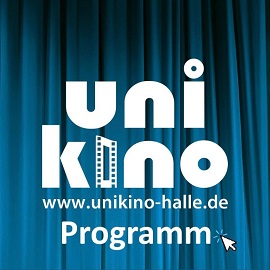General information
| Course name | Seminar: Quantifizierung als Welterzeugung |
| Course number | MA: ETRANS |
| Semester | SS 2014 |
| Current number of participants | 1 |
| Home institute | Ethnologie/Kulturvergleichende Soziologie |
| Courses type | Seminar in category Offizielle Lehrveranstaltungen |
| First date | Thursday, 10.04.2014 14:15 - 15:45 |
| Type/Form | MA: ETRANS |
| Participants | There seems to be an explosion in the use of quantitative knowledge for governing social life at the beginning of the 21st century. Some interpreters are convinced that this makes the world a better place for all; others fear that this trend is at the core of a wider technocratic process that may turn the world into a uniform, standardized and chilly place. In this seminar, we will examine numeric representation as a set of knowledge practices that partake of a broader set of technologies of governance and a particular knowledge regime usually associated with “modernity”. We will also situate the current trend towards more and more numeric representation in its historic contexts and reconstruct its genealogy. How is metrology changing over time? Is “the contemporary” linked to new forms of metrology? What is considered measurable (or immeasurable) and by whom? And in what situations are things deemed measurable and by what criteria? How is numeric knowledge related to narrative knowledge? Are there domains where numeric representation is now in fact discontinued or done less then it was before? Given the broad use of numbers in all domains of life, this seminar aims to develop a critical level of “numeracy” and to discuss ways and methods for anthropology to deal with this particular knowledge practice, cultural technique and technology of governance. |
| Pre-requisites |
Lektüreempfehlung: Lampland, Martha & Susan Leigh Star 2009. Standards and their stories : how quantifying, classifying, and formalizing practices shape everyday life. Ithaca, NY [u.a.]: Cornell University Press. Porter, Theodore M. 1992. Objectivity as standardization: The rhetoric of impersonality in measurement, statistics, and cost-benefit analysis. Annals of Scholarship 9 (1-2): 19-60. |
| Learning organisation |
Studienleistung: Regelmäßige aktive Beteiligung an der Diskussion im Seminar, plus mindestens eine der folgenden Beiträge: Referat, Impulsreferat, Essay, Textzusammenfassung. Die Workload der Studienleistung beträgt insgesamt: 30 Stunden. Modulleistung: Hausarbeit |
| Studiengänge (für) |
Master Ethnologie 120 und 75/45 Master International Area Studies |
| SWS | 2 |
| ECTS points | 5 |
